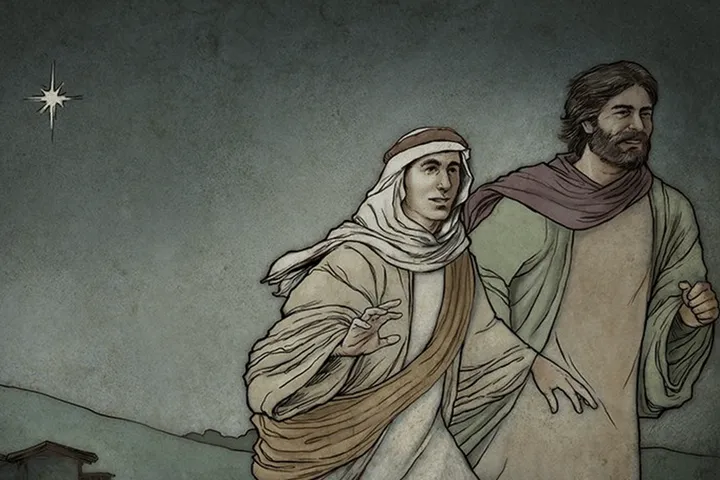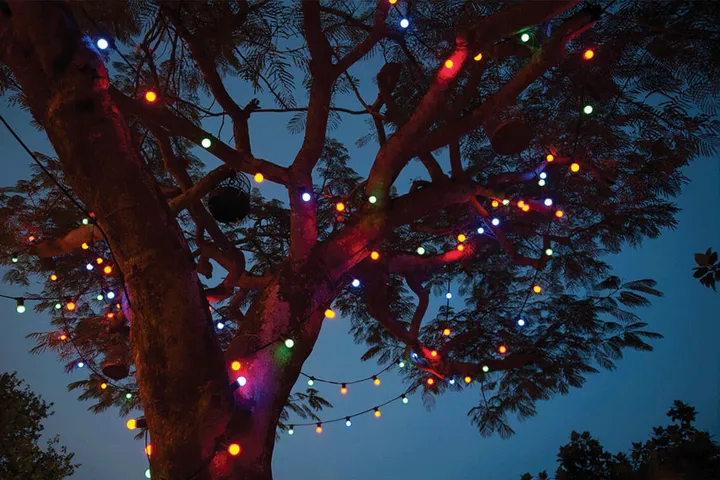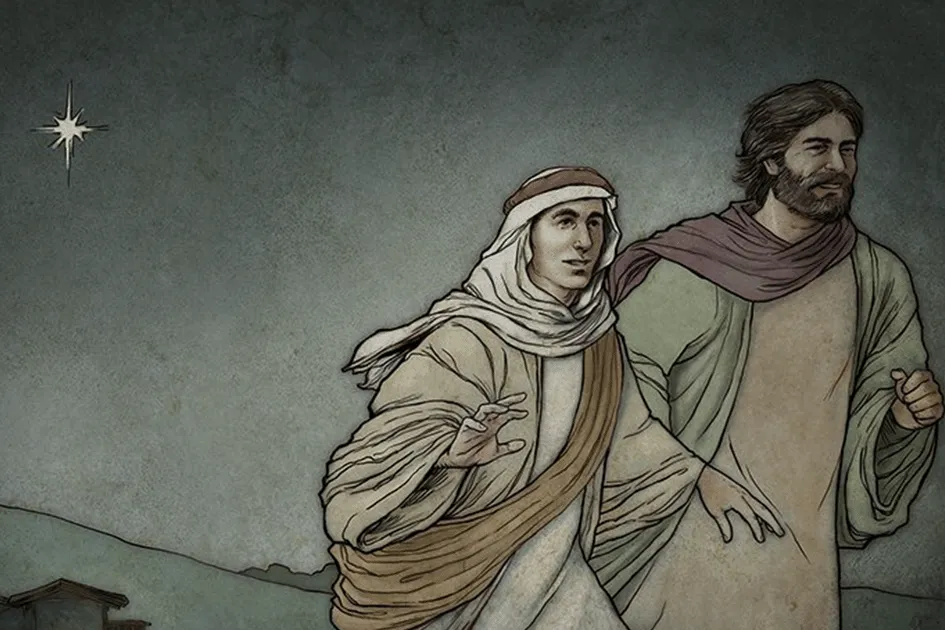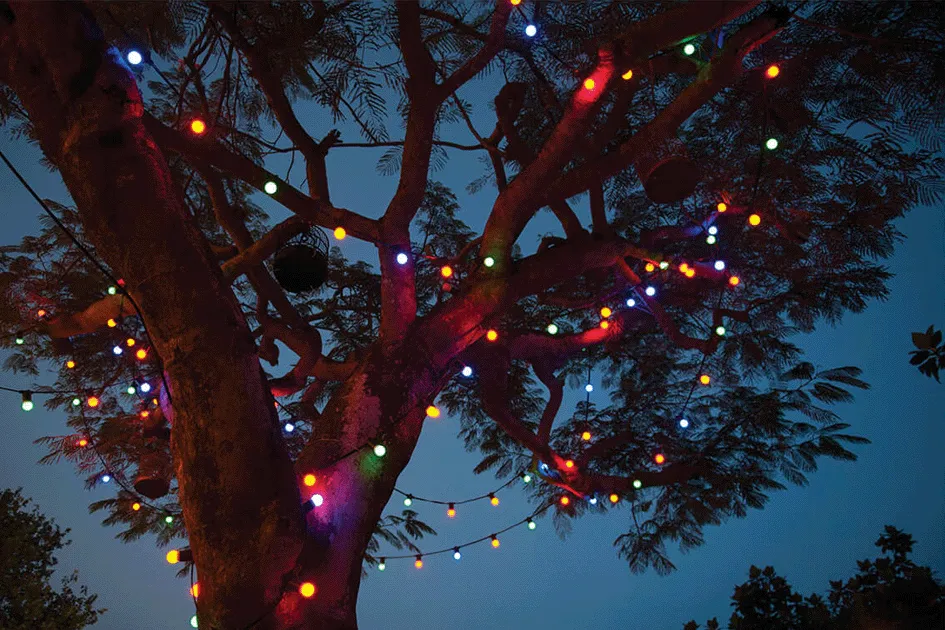Writing conferences are both the best and worst locations for practicing self-denial. Throw more than 12,000 authors in a convention center and watch the insecurities fly. Each year the desperation to place manuscripts in editors’ hands drives normally respectable humans to laugh at terrible jokes, eat in overcrowded restaurants, and sign up for subscriptions they have no intention of unwrapping.

Having just returned from one of these events, I sat on the couch, grappling with my usual post-conference self-loathing: Will that editor message me back? Did I wear the right dress? Who, as a writer, am I?
To deal with all this, I opened a copy of The Cost of Discipleship by Dietrich Bonhoeffer. In it, he meditates on Mark 8:31-38, in which Peter protests Christ’s foretelling of His suffering, death, and resurrection. Jesus rebukes Peter, then utters His famous words: “If anyone wishes to come after Me, he must deny himself, and take up his cross and follow Me” (Mark 8:34).
Bonhoeffer then goes on to say, “Self-denial means knowing only Christ, and no longer one-self. It means seeing only Christ, who goes ahead of us, and no longer the path that is too difficult for us. Again, self-denial is saying only: He goes ahead of us; hold fast to him.”
We all agree that Christ understands more about life than, say, a 43-year-old woman scratching out poems and field-trip forms in the suburbs. But it’s still difficult to hold fast. If I know only Christ, and see only Him, will people still see me? If I no longer have a reason to charm, tell jokes, straighten my hair, and convince people to like me, will I even exist?
Just typing those words makes my stomach sink: the embarrassment of my own narcissism combined with my fear of the unknown, the—I must say it—letting go.
That day on the couch, I didn’t want to watch Jesus go ahead with His dirt-bespeckled hem dragging on the ground and His hair (did He ever pull it back?) swinging. I wanted love from human beings here and now. I wanted my phone to keep flashing with notifications.
But I knew I had to do something, even if it was just one small act of obedience.
If I know only Christ, and see only Him, will people still see me?
I searched “Jesus images” and found a Byzantine icon that portrays Him with a crown of thorns, bound wrists, and a pained but patient gaze. I made it the wallpaper on my phone.
People are imprisoned and tortured for their faith in Christ. And here I am, putting a picture of Him on a $600 device for comfort in my affliction? But Jesus—and for this I love Him—meets us where we are. Whenever I look at my phone, His suffering, loving brown eyes stare back. Hold fast, He says. I got you.
Knowing Christ and not myself, burrowing into Him when I feel dumb, ugly, and anonymous: when did receiving infinite love become such a challenge? But it’s hard to move into unknown country. There is so much to cling to, even in our brokenness. It’s hard to trust that the beauty and affirmation we receive from other wrecked humans is just a drop of grace in a breaker of love.
God has a way of using His Word to challenge us. He also uses everything else. On the same day I read the Bonhoeffer passage, I found this poem by Jane Kenyon:
Song
An oriole sings from the hedge
and in the hotel kitchen
the chef sweetens cream for pastries.
Far off, lightning and thunder agree to
join us for a few days
here in the valley. How lucky we are
to be holding hands on a porch
in the country. But even this
is not the joy that trembles
under every leaf and tongue.
There is no denying the sensual wonder of a vacation with a loved one. Birds singing, sugar swirling, thunder rumbling, and a lover’s hand. Not everyone is fortunate enough to have a quiet moment like this at home, let alone in a lush valley. There would appear to be no greater joy than this.
But there is.
I’ve been afraid to tell God that if I let go of my insecurities, my utter insignificance at a writing conference, for example, then I may also have to let go of my versions of hand-holding, birdsong, and pastries: that is, the publications, praise, and reassurance from friends that give me my tenuous sense of value. For if I let go of those things, I may be forgotten.
Yes, He tells me, you may. And then you will open yourself to the unseen, the Holy Spirit that trembles beneath “every leaf and tongue”—even your personality, your accomplishments, your mind, and your heart.
So I gaze at my picture of Christ. Then I close my eyes, hold fast, and ask God to move.
Illustration by Aude Van Ryn





